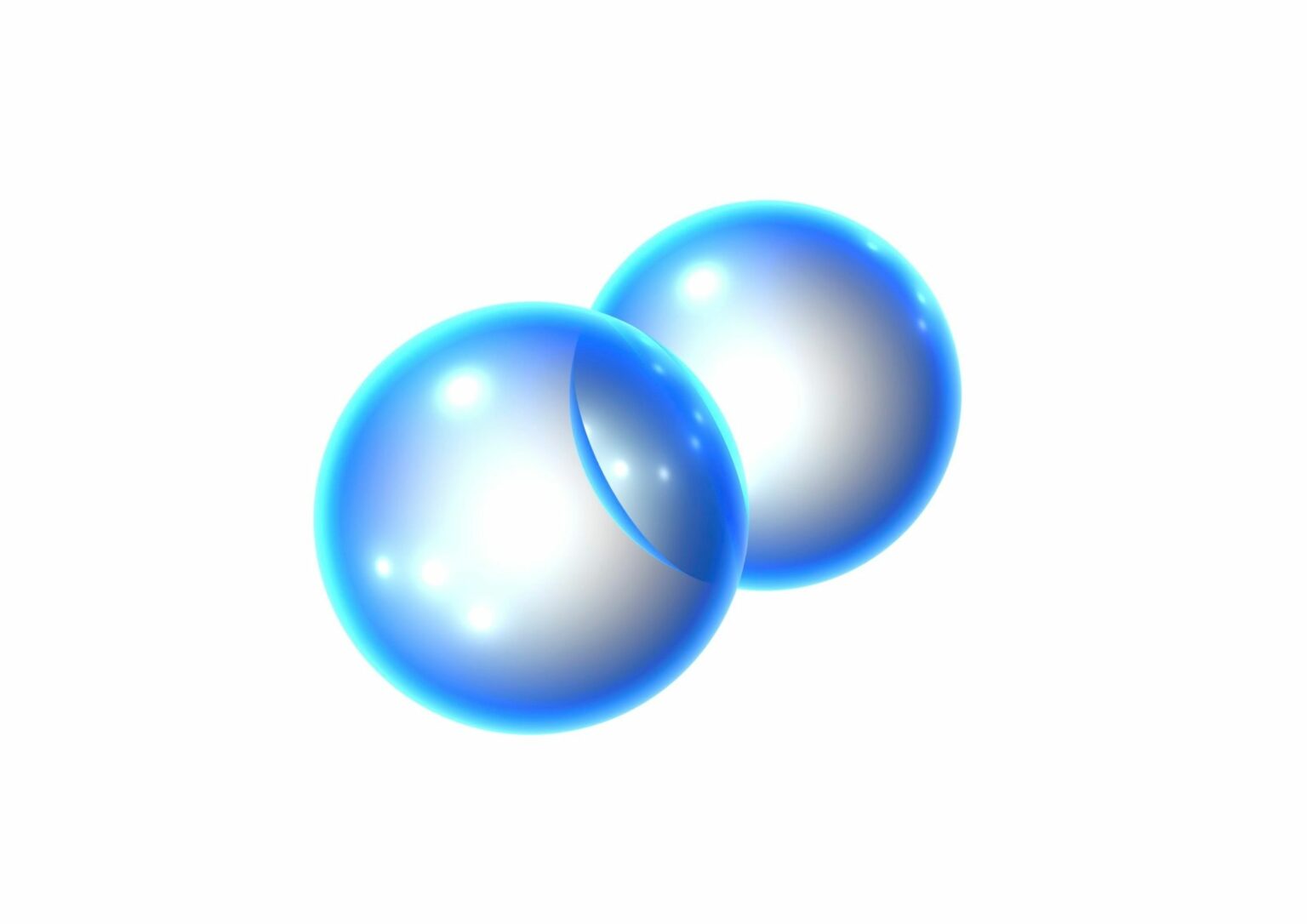As the demand for clean and efficient methods of hydrogen production increases, the development of innovative catalysts that can facilitate this process has become critical.
A notable advancement in this field is the patented catalyst for the dehydrogenation of ammonia developed by HD Hyundai Oilbank Co., Ltd., which promises to enhance hydrogen production efficiency.
Central to this invention is a uniquely formulated catalyst composed of clay, an alkali metal, and ruthenium supported on the clay. This combination of materials is designed to create a robust and effective catalyst that promotes the dehydrogenation reaction, which is essential for breaking down ammonia into its constituent elements, including hydrogen.
The process of manufacturing this catalyst involves integrating an alkali metal and ruthenium into the clay structure. This method ensures that the catalyst is not only stable but also highly efficient in its role in the dehydrogenation process. The specific steps of this manufacturing method, though complex, are optimized to maximize the catalyst’s performance in practical applications.
One of the primary applications of this patented catalyst is hydrogen production. By leveraging the unique properties of the catalyst, the dehydrogenation of ammonia can be carried out more effectively. This means that hydrogen, which is a critical component for numerous industrial processes and a potential clean energy source, can be produced more efficiently and sustainably.





